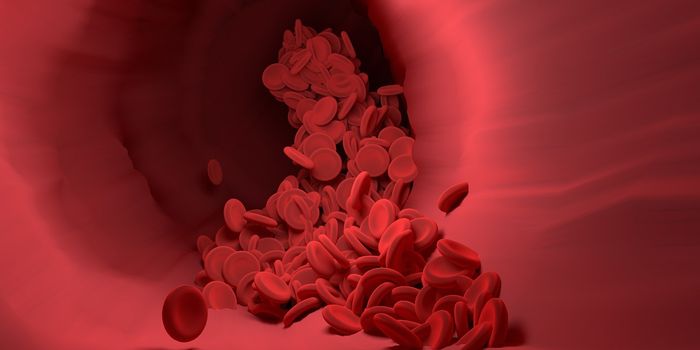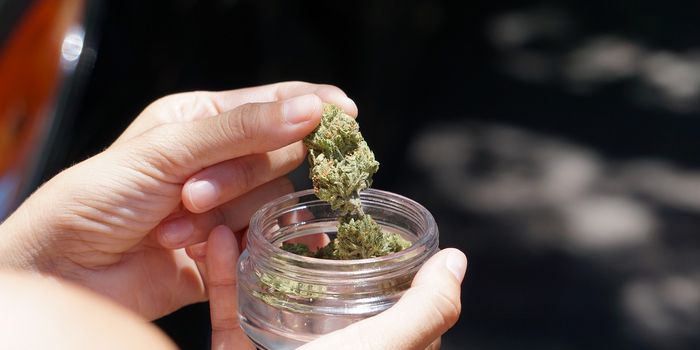Just a Bit of Breastfeeding Can Give Kids a Cardiac Benefit
Even a few days of breastfeeding can have a beneficial effect on the blood pressure of toddlers, and those benefits may last a lifetime. Research has indicated that cardiovascular disease risk can start to increase as early as childhood. Other work has found that breastfeeding can have a beneficial effect on the heart health of both breastfeeding mothers and breastfed infants.
This research may be the first to show that even a short period of breastfeeding - as little as a few times during the hospital stay after birth, has a good impact. Colostrum, the first milk produced by human mammary glands after delivering a baby, is thought to carry high levels of growth factors, immunological molecules, and stem cells, which all can be extremely advantageous to newborns.
"Infants who received even a relatively small amount of their mother's early breast milk, also known as colostrum, had lower blood pressure at three years of age, regardless of of how long they were breastfed or when they received other complementary foods," said lead study author Kozeta Miliku, M.D., Ph.D., a post-doctoral fellow in medicine at McMaster University.
This work relied on data collected by the Canadian CHILD Cohort Study, which is ongoing, and includes over 3,000 kids born between 2009 and 2012. The study is aiming to learn more about the impact of early life experiences on development and health. This research focused in particular on the 2,400 infants in the study for which there was feeding information from hospital records and caregiver questionnaires.
Only two percent of these children were not breastfed at all. About four percent received a few breastfeedings during their hospital stay only. Of the remaining kids, 78 percent were breastfed for six months or more.
When the children were three years old, the scientists determined that the kids who had never breastfed at all had higher blood pressure than the other children, even those that had only gotten limited breastfeeding in the hospital. This was also true of toddlers; their blood pressure was lower if they'd been breastfed, even only a little bit, and regardless of their mothers' health or social factors or what the children were eating.
Further work will be needed to understand the mechanisms underlying the apparent benefit of colostrum or breastfeeding.
Sources: AAAS/Eurekalert! via American Heart Association, Journal of the American Heart Association









